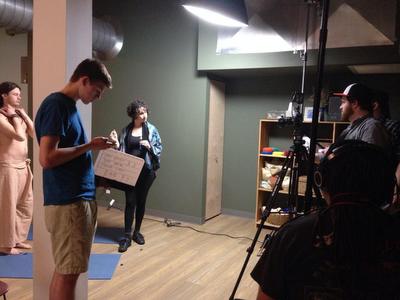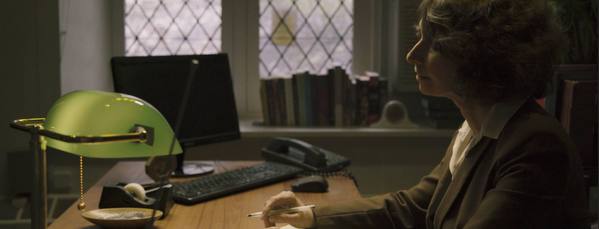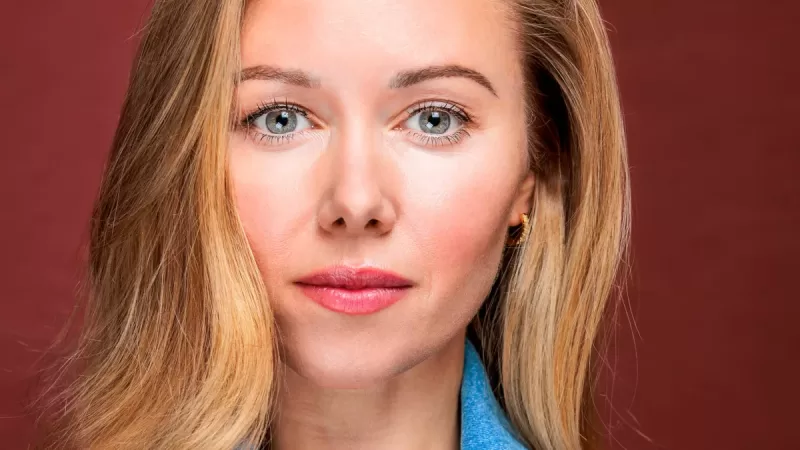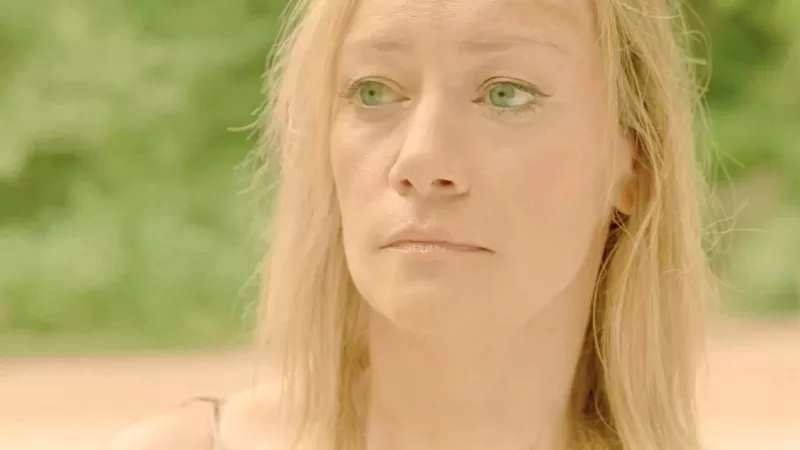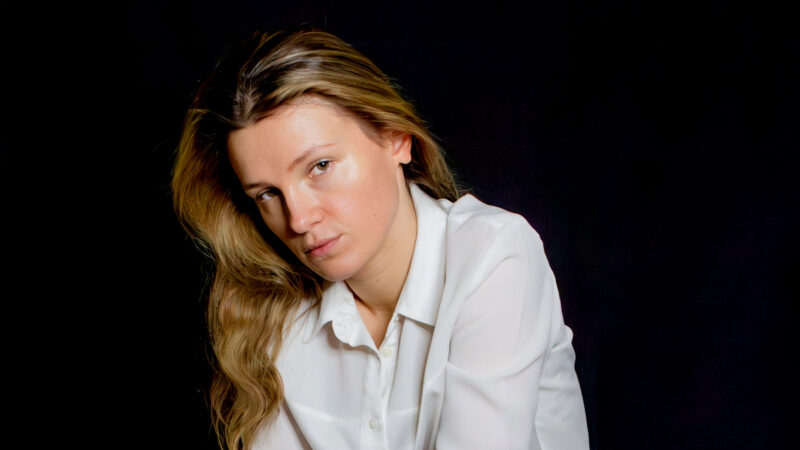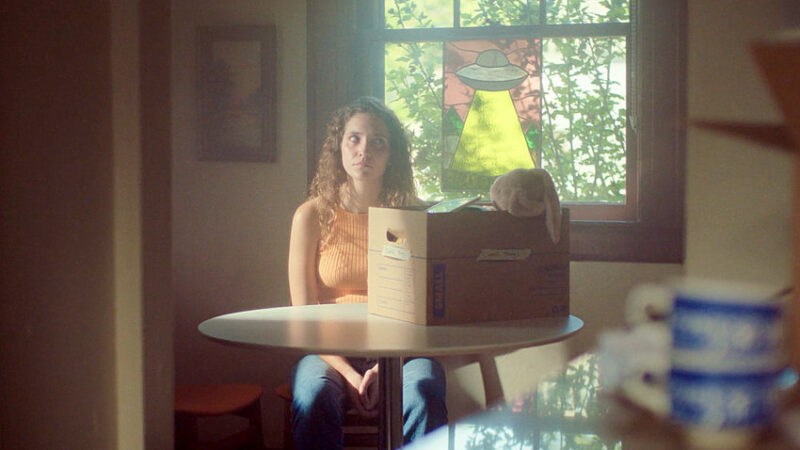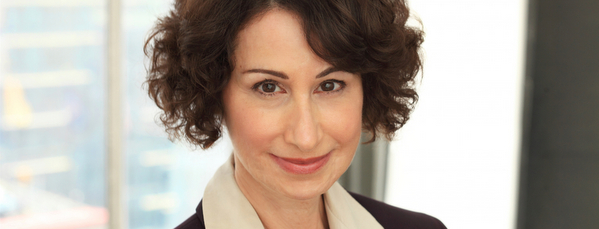
I acted in my first play in the 7th grade and continued through college, although my degrees are in business and history. I left acting for 25 years while working in a variety of industries, and returned after taking early retirement from the corporate world and I had the time and money to devote to pursuing theatre, television and film work. From the first step back onstage after all those years, I knew that acting was what I wanted to do at this stage of my life.
Great #commercial shoot in Baltimore today! Making new friends #Onset #actorslife Thanks @15Four! pic.twitter.com/vMBnkCJMch
— Lisa Budwig (@LisaBudwig) February 21, 2016
Did you study acting
Pursuing a new career in acting as an adult, my route is less typical than most. Since I live in central Pennsylvania, I first explored local community theatre and found a wealth of experienced actors and directors there from whom I could continue the learning that I had started in high school and college. About three years ago, to learn about and transition into television and film, I did background work on a couple of major network shows and worked on indie and student films, as well as web series. Being on stage and on set, observing other actors and the filming process, is one of the best ways to learn, I think.
What acting technique do you use
I don’t use any one technique, but try to integrate different techniques into my own method of preparation, and the coaches I’ve chosen to work with also draw from many teachers. I’ve found that many of the psychology, communication, and people skills that I used in my past careers, and in my life, also provide a great foundation and a well of inspiration for my acting work.
What wrong impressions do actors hold about acting
I think young actors, especially, don’t understand that acting is a business and that they need to be entrepreneurs and take charge of their own career. Talent is only one part of the equation. Continual training in the craft is the second part. But being knowledgeable and persistent on the business end of acting will take you to places most people can’t get to on talent and training alone.
Do you take courses to improve your craft
I try to take advantage of as many opportunities as I can to continue learning. I recently relocated for four months to NYC, so that I could take regular classes there with top coaches, which was an expensive enterprise but well worth it, since I don’t have those resources locally. I’ll continue to travel to New York, as well as Philadelphia and Washington D.C., for acting work, and to regularly attend classes and workshops with coaches and industry professionals. My work as a standardized patient is also wonderful ongoing practice.
What acting books do you read
For the business of acting, I highly recommend Bonnie Gillespie’s “Self-Management for Actors.” It’s a master class for the actor as entrepreneur, and the knowledge in it applies to actors at all stages of their career, not just those starting out. I also was blown away by Judith Weston’s “Directing Actors,” another master class, because it’s all about the critical communication shared by actor and director. And Harold Guskin’s “How to Stop Acting” really resonated with me. I’ve read dozens of acting books and will read many more, because I usually find something valuable in each of them.
How do you keep fit as an actor
I try my best to eat healthfully, get enough sleep, and walk for exercise. Most important for me is to maintain my relationships and activities that are not acting related because I need that balance to stay centered, deal with stress, and just generally enjoy my life!
When you’re offered a role, what do you do next
After I’m cast, I first read through the script several times so that I understand the plot, and the story, and the arc of all the characters and their relationships to each other. After that, I read it again several times to find the parts of my character and her experiences that I relate to.
How do you take a character in a script to a honest, believable and breathing person
After I find the nexus of the character and myself, I start the work of trying to understand who she is, why she is the way she is, what she fears, and what she truly wants. I’ve been interested in psychology my whole life, so I approach characters as though they are real, living, breathing people and try to understand them as they exist in their environment. As I continue with that work, I get on my feet and see how I physically react while saying the words aloud many different ways to see if that prompts any insights. I’ll do research, if necessary, to understand the job, environment, or any other part of my character I may not have direct knowledge or experience of.
How do you stay fresh on set
On set and backstage, if I don’t stay completely in character, I will try to keep the “pulse” of my character going as much as I can during breaks for camera re-sets or to take direction. Depending on her emotional state, I may or may not interact a lot with others during longer breaks.
Describe a memorable character you played
The most recent memorable character I played was “Valerie” in the play, “He Comes for His Books,” by Chet Williamson. It’s a two-person play inspired by the tumultuous break-up of the 24-year marriage of playwright Harold Pinter and actress Vivien Merchant, and I originated the role over a two year span from table read through workshop and on to full premiere production in 2014. Aside from Valerie being an incredibly rich character to inhabit, being able to participate in the process of bringing a brand new play to life was amazing.
Explain one creative choice you took on set
I work as a standardized patient doing dramatic improvisation often in a classroom setting with medical students. My direction for these cases is to simply react truthfully and believably in response to how the med students interact with me, though they know it’s a simulation. In one scenario I play a victim of hidden domestic abuse who comes to the doctor with sleep and memory complaints, but shows no visible signs of abuse. The students are unaware of the abuse and their challenge is to perceive in my word choices, facial expressions, demeanor, and body language that I’m hiding something, and guide the interview past my evasions, deflections, shame and fear to uncover it. About two years ago, I learned that a student who had been in my class, and went on to clinical practice, had credited my portrayal in her identifying and helping a long time patient of the clinic whose abuse had been missed by other clinicians. To be told that my acting helped this woman escape abuse was the most amazing feeling…and affirmation that my choices in that classroom were authentic and truthful.
What do you want most from a director
I most want a director who is passionate about the story being told. A director I can learn from, who loves actors and understands our process, can give clear, playable direction when something specific is needed, but also allows actors the freedom to make a character their own. ur
What actors do you long to work with
Oh, the list is far too long! But if I’m forced to choose one, I think Cate Blanchett is breathtakingly talented and commands respect for her incredibly varied character work on stage and screen. But I’d also love to work with Margo Martindale, who always gives wonderful multi-layered performances, making her supporting roles riveting.
What advice would you give to actors
If acting is your passion, find a way to do it, and don’t let anyone try to tell you otherwise. You don’t have to be young and beautiful. Be authentically yourself and you’ll get roles nobody else could ever get. Treat others with the same respect and generosity of spirit that you would like them to show you. Listen more.
Briefly write about your career
I’ll be playing Joyce in the comedy series, “Trending,” which will film next Spring. Screen credits include the Garden State Film Festival selection, “Raising Ethan,” and the short, “Four Questions,” each time playing strong women with family challenges. In the web series, “Losing Liam,” I was Soriah, a comically menacing yoga instructor. Some of my stage credits include Claire Harrison in “Whose Life Is It, Anyway?”, Romaine Vole in “Witness for the Prosecution,” and Mary Matthews in “State of the Union.”

